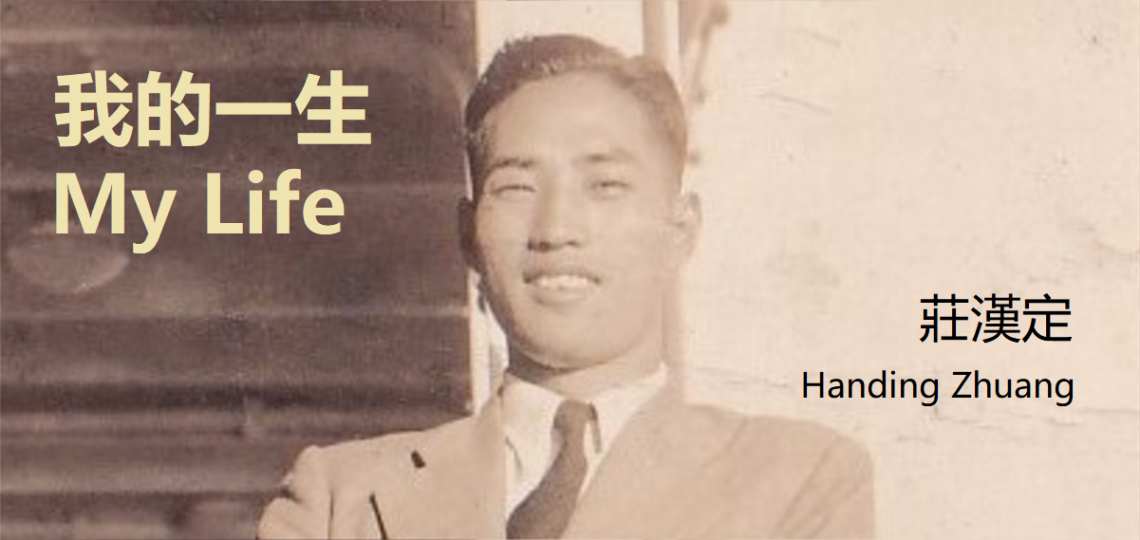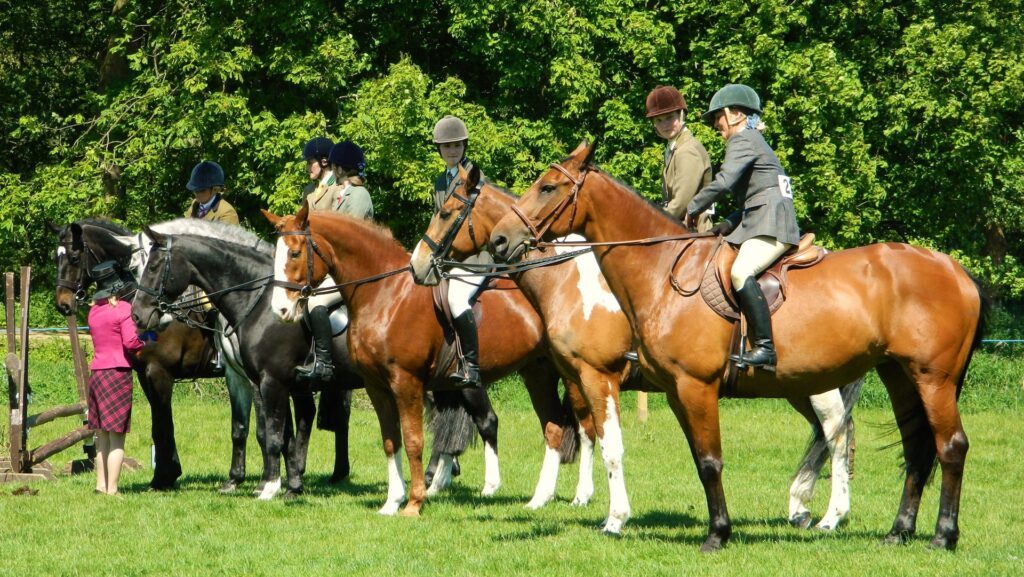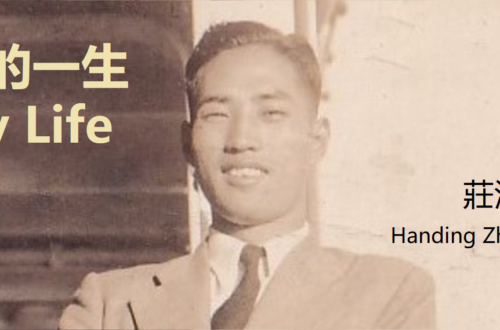
13. Kolkata 1944.5-1945.8
Zhou Xiansong, the representative of the Ministry of Transportation in East India, was former deputy director of the Haiphong Branch of the Southwest Transportation Department, and brother of Zhou Xianyan. He was based in Dibrugarh. Deputy Representative Wang Shenming was based in Kolkata. There were more than a dozen people, and the task was to manage the materials of various government agencies overseas to the Port of Kolkata, most of which were the accounting records of materials under the US Leasing Act. The transportation was handled by the US Army. According to the order required by each agency, we contacted the US military for shipment and expediting. In addition, a small amount of the important equipment of the Ministry of Transportation is self-reported from the work of the US Air Force to transport Kunming directly. Half of the staff belonged to the Yangon office of the former Ministry of Transportation, and the other half belonged to former Haiphong, Yangon, and Lashio offices, so we were all acquaintances. It was to create a job to accommodate me, and everyone had no opinion due to our personal relationships. I was planning to appoint it in the name of an engineer, but I did not get approved because I had no academic qualifications. I still paid the original Indian-Iran Transport Office salary of 260 dong in the name of the chief section staff member. I was assigned to the same job as when I was in the Yangon branch, and I was willing to accept it because I knew myself and had no objection.
When I went abroad, I never thought that the Indian-Iran Transport Department would be so short-lived. If I returned to China, life in China would be even more difficult, and it would not be easy to find work during wartime. Fortunately, Zhang Zuping was the first to help, and Guilin was the last, so I still had positions in India, which was due to help from good friends. Sun Guilin returned to Shanghai after World War victory. At that time, Shen Shihua was the secretary-general of Mayor Qian Dajun. Guilin also joined the municipal government, not in the secretary-general’s office, but in an idle position. The relationship between them seemed to have changed, and the internal situation was unknown. He soon married at the church on Shandong Road in Shanghai and started to work for the Bank of China, and seemed to be working in Chen Changtong’s foreign sector. Around 1947, he was transferred to the Bank of China in Kolkata, India. After that, I lost contact with him, and I still missed his situation so far.
At that time, the Ministry of Transportation set up a radio station in Kolkata, and the radio station director was also held by the Deputy Representative Wang Shenming, so the radio staff knew well with our representative office staff. We organized a basketball team to participate in overseas Chinese games, and formed a team to compete with the Indian team many times. On New Year in 1945, New Year’s Eve, the representative office and radio personnel merged to organize a dinner at Representative Wang’s home. There were three colleagues who missed one in a Mahjong game and pulled me to make up the number. I also came with high spirits to fight all night. Unexpectedly, I was very lucky, especially when the day was dawning, I frequently won by my own draw. I remembered that I won nearly 100 dongs that night.Another time, Zhang Yuanlun came to Kolkata on a business trip. Chen Ligang held a welcoming dinner for Zhang Yuanlun at home and invited me to participate. After a meal, playing poker was actually different from five-card stud. It has seven cards, two dark and five bright, and five cards are optional. I was asked to participate, although I didn’t like to gamble, but it was difficult to refuse at the time. I also carried some money, so I participated. Unexpectedly, I was lucky. In the end, I won nearly two hundred dongs. The so-called God of Gambling, Bodhisattva accepts apprentices, but only accepts those who don’t know how to gamble or have poor skills. If you became addicted, you would be bankrupt.
C.P. was formerly the representative of CDS in Kolkata and later as the consul general of the Consulate General in Kolkata, India. Chen Ligang was the secretary, and Li Shanzhong still took charge of confidential work. Once it seemed to be to welcome a certain important person to go abroad. He hosted a banquet and invited representatives from various agencies in India to accompany him. Because I was an old colleague from Yangon, I was also invited, so did Chen Xiangtao, deputy director of Yangon.
The Consulate General in Kolkata applied for an overseas Chinese registration certificate in 1945, and I also went to apply for one. Unfortunately, it had been destroyed during the ten years of turmoil, otherwise it could be kept as a memorial to an overseas Chinese.
The representative office was closed every Saturday afternoon. In addition to playing sports, watching movies and drinking coffee, I had also visited two race halls in Kolkata, which were very different in size in summer and winter. Especially in the winter, the green grass was so beautiful (it was in the semi-tropical area), and it was open and fresh. It was also fun to watch horse races in the stands or take a walk on the grass. Sometimes I saw that horse had a majestic posture and walked like flying, so I bought a betting ticket according to its number. I remembered that it was two rupees for each. You could win more than 20 rupees or just several rupees when you hit it. There was a kind of Triple Ticket, the price was forgotten. You could use this ticket to get all the numbers of the three horses you specify, and the money you got was considerable, maybe dozens or hundreds of times. Therefore, many people bought betting tickets at the horse racing clubs, wanting to try their luck to win money. This was a legal and open gamble in that society at that time.
 Image by PublicDomainPictures from Pixabay
Image by PublicDomainPictures from Pixabay
The coffee in Kolkata was very good. Especially the ice cream coffee from Calcutta Coffee House. Before arriving at the gate, I smelled the fragrance far away. Colleagues often went for drinking coffee, and I also participated. I remembered that my sister-in-law’s relative Xu Angqian was in Kolkata at that time, acting as a representative of the film studio, and we often went to drink coffee together. Ice cream coffee, image by Sharon Ang from Pixabay
Ice cream coffee, image by Sharon Ang from Pixabay
I went to Kolkata from Karachi. About three months later, suddenly I received a summons asking me to appear in court because my registration expired after arriving in Kolkata. One day I went to court with a subpoena, and when I entered, many people in lawyer’s clothes asked me about the case, and some asked me to hire him to defend me. I chose one person, and he asked for a fee of three rupees, and I agreed. He appeared in court and I was fined five rupees to close the case.
There were three bedrooms and one hall plus a front corridor in our dormitory. Ten people were living there. Several of the former Ministry of Transportation were older and did not go out often. The other three younger overseas Chinese were often not in the dormitory. Sometimes the head of the radio service team, Xu Ronglin, from Shanghai, visited us. He was funny and could play the Huqin and play card game bridge. It happened that one of us could perform Peking opera. He came to play and sing a few passages before playing bridge, but he did night shifts often, so he could not come often.
In foreign countries, there were few books and newspapers that could be read, so I was usually too free and felt very bored. One day, I talked to several people from the old Ministry of Transportation about the retreat in Yangon. They retreated straight to Kunming, so they didn’t suffer any loss or fright. But it reminded me of the experience of walking back and forth for eighteen days from Bhamo to Baoshan, whether I could write a novel, kill time, and start to think about it. I wrote an article truthfully after the situation, but I finished it in a few days. Still could not achieve the purpose of killing time. Later, I thought that when writing a novel, the plot can be fictitious and the characters can be true or false. The writing was the best, and it didn’t matter if the writing was not good. The manuscript began to be written in September 1944 and three copies were created in 1945. In the first few episodes, my view on interracial marriages was based on the real story of Dai Airen and the Indian girl. The plots of other characters were true and some were purely fictitious. The only one copy left in my family was not destroyed and was later returned after ten years of turmoil. After retirement, I had free time, read it several times, revised it, and recopied it into a ready-made copy. However, due to my poor literacy level and clumsy writing, I would only narrate straightforwardly and fail to reach the value of publication, so I was just for entertainment.


You May Also Like

15. 阔别了八年的上海,终于又回来了
2022-12-08
6. 從新加坡到緬甸仰光(繁体)
2022-12-01
